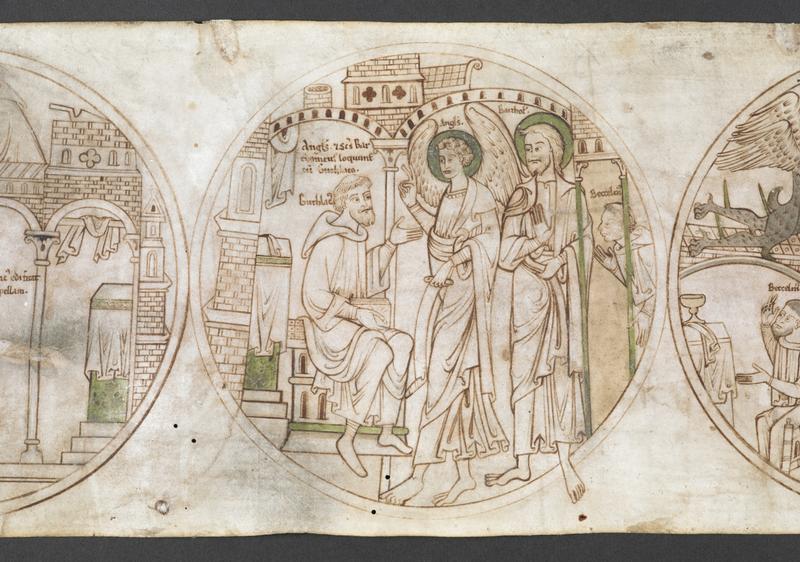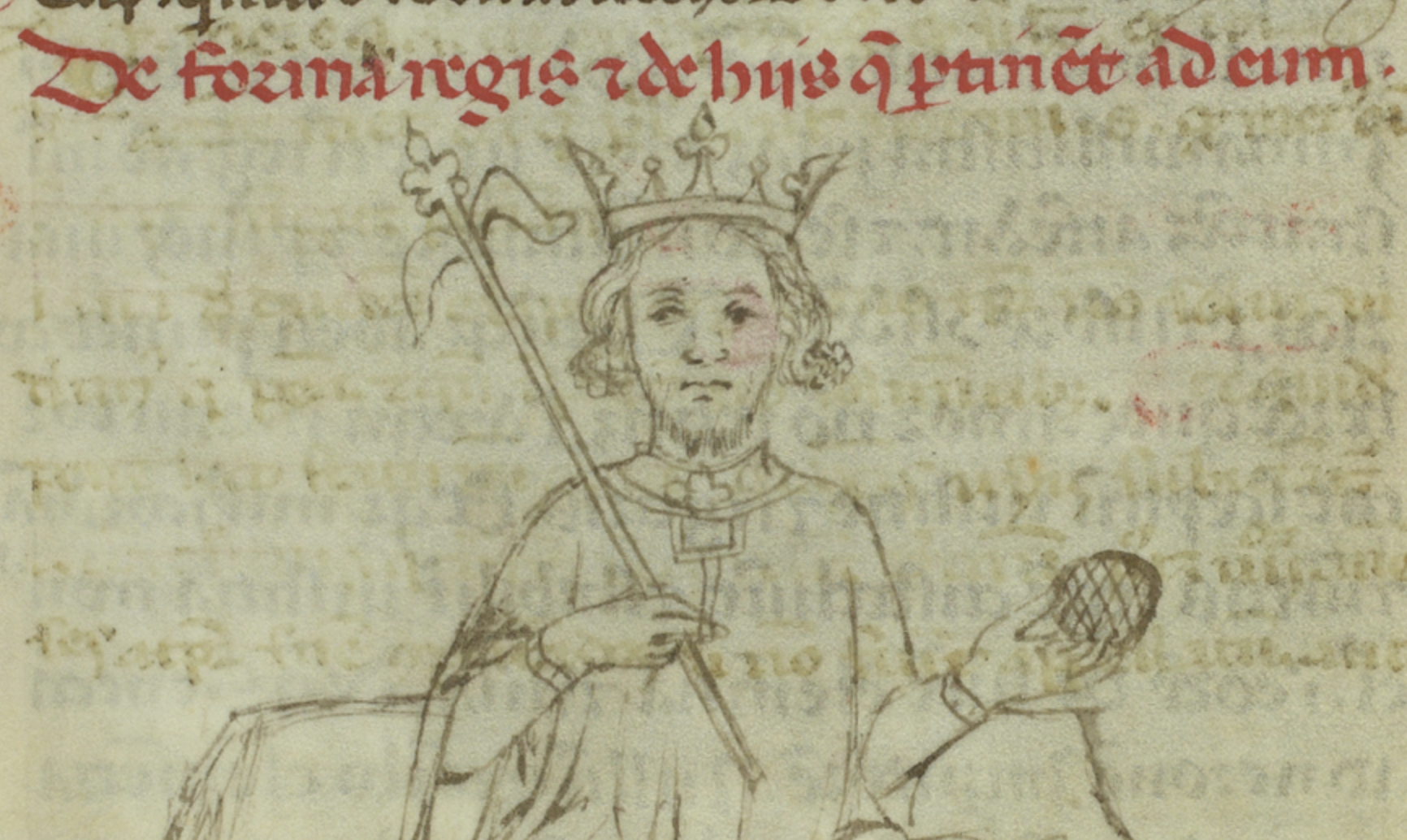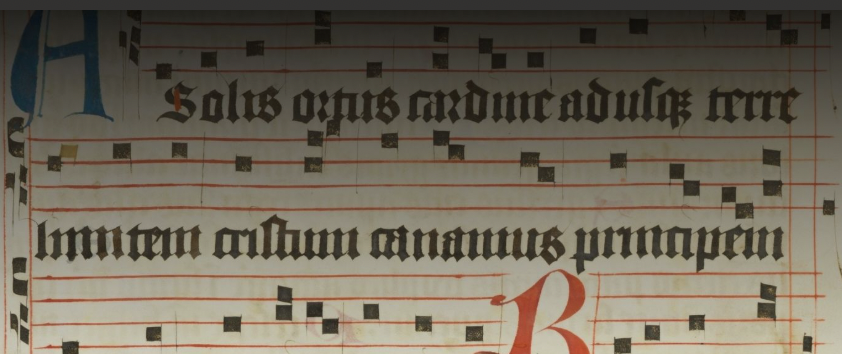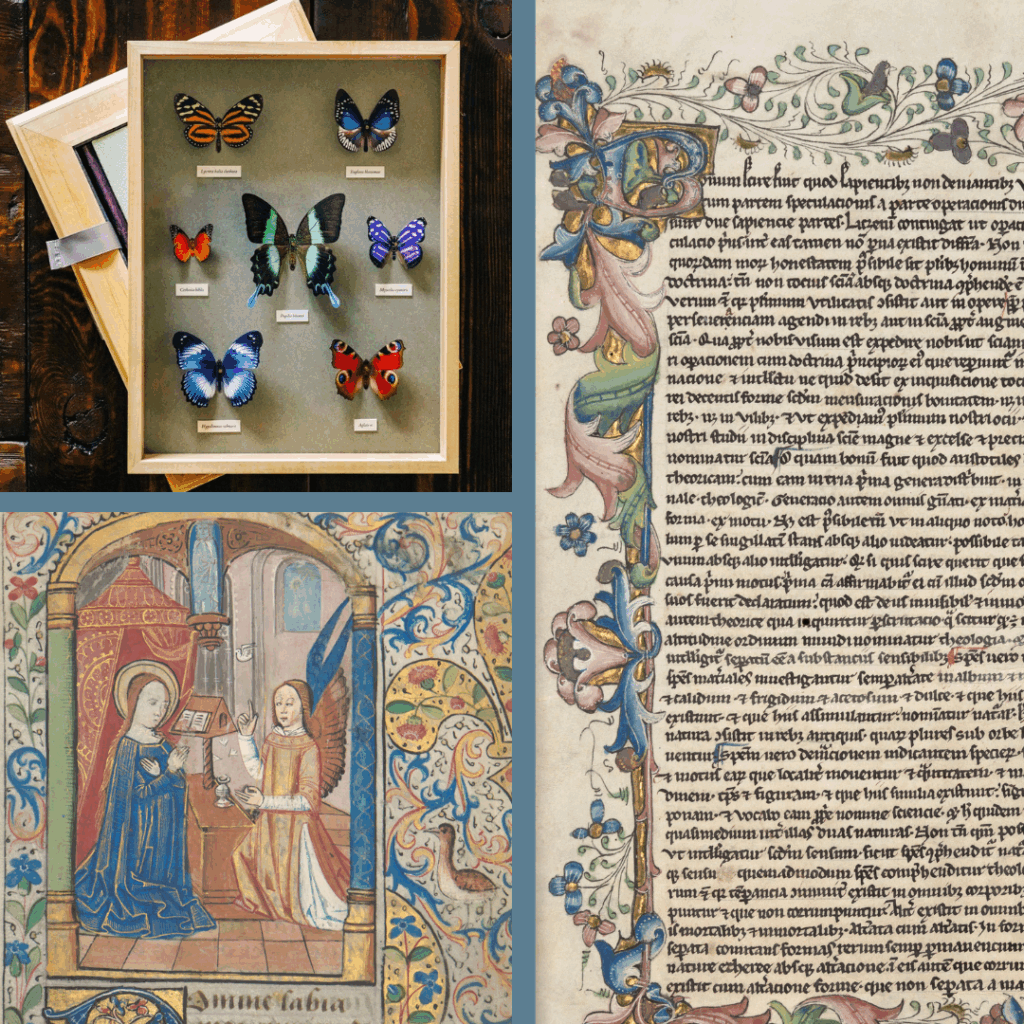25–26 September 2025.
Ioannou Centre for Classical & Byzantine Studies, 66 St Giles’, Oxford, OX1 3LU
Registration is free but compulsory https://www.classics.ox.ac.uk/event/the-latin-hymn-as-scriptural-exegesis-from-late-antiquity-to-the-middle-ages
The Latin hymnic tradition is one that spans over a millennium from Late Antiquity through the Middle Ages to the Reformation (and beyond). In that period, there are aspects of it that have remained in many ways stable and enduring, but individual and local contexts and usages at various junctures in its long-lived history have required it to change and to adapt. The corpus also represents a group of texts that would, in many cases, have been very well known beyond the narrow confines of the intellectual and social elite who operated at the highest levels of Latinity and – even if largely penned by incredibly adept Latinists – had a much wider reach than many other Latin texts because of the performed nature of hymns. The relationship of hymns to other exegetical traditions and to the liturgical and para-liturgical contexts in which they were used is also noteworthy.
This conference brings together an international group of scholars at varied career stages from different disciplinary backgrounds with interests that include the Latin hymnic tradition and scriptural exegesis across a period covering a little over a thousand years. We intend to explore the ways in which the widespread but understudied phenomenon of hymnody has been used as a means of elaborating on, engaging with, and complementing the teachings of Christian scriptures by homing in closely on the texts themselves.
Organisers: Tristan Franklinos and Cosima Gillhammer
Thursday, 25 September 2025
Arrivals from 1330.
1400–1445 Simon Whedbee (Loyola) Hymnus est laus Dei cum cantico: Teaching with and about hymns in the cathedral schools of twelfth-century Paris.
1445–1530 Tristan Franklinos (Oxford) Exegesis in Abelard’s hymns for the Feast of the Ascension.
1530–1600 Tea & Coffee
1600–1645 Marie Zöckler (LMU Munich) Ave mundi creator – Nature, its creator, and the fusion of scholastic philosophy and scriptural exegesis in Latin hymns.
1645–1730 Juan Montejo (LMU Munich) The Flores Psalmorum of Gregory of Montesacro: exegesis through abbreviatio.
1730 Reception
Friday, 26 September 2025
1015–1100 Cillian O’Hogan (Toronto) Martyrs as exegetes in Prudentius’ Peristephanon.
1100–1145 Katie Painter (Oxford) Nature and scripture in the Liber Kathemerinon: Prudentius on the kaleidoscope of creation.
1145–1230 Joshua Caminiti (Oxford) Singing alone: the private hymns of Marius Victorinus.
1230–1400 Lunch
1400–1445 Danuta Shanzer (Vienna) Voices and sources: revisiting Hilary, Hymn 2.
1445–1530 Cosima Clara Gillhammer (Oxford) Lux vera gentis Anglice: Latin hymns in Anglo-Saxon England
1530–1600 Tea & Coffee
1600–1645 Nicholas Richardson (Oxford) mellifluis nostras musis qui impleuerat aures: Scripture and sweet music in the hymns of St Paulinus of Aquileia.
1645–1730 Christoph Uiting (Zurich) Festa Christi – Notker’s sequence on Epiphany in a late medieval commentary.
This event is generously supported by the Faculty of Classics Board, the Craven Committee, the Institute of Classical Studies, and Oxford Medieval Studies (sponsored by The Oxford Research Centre in the Humanities [TORCH]).







